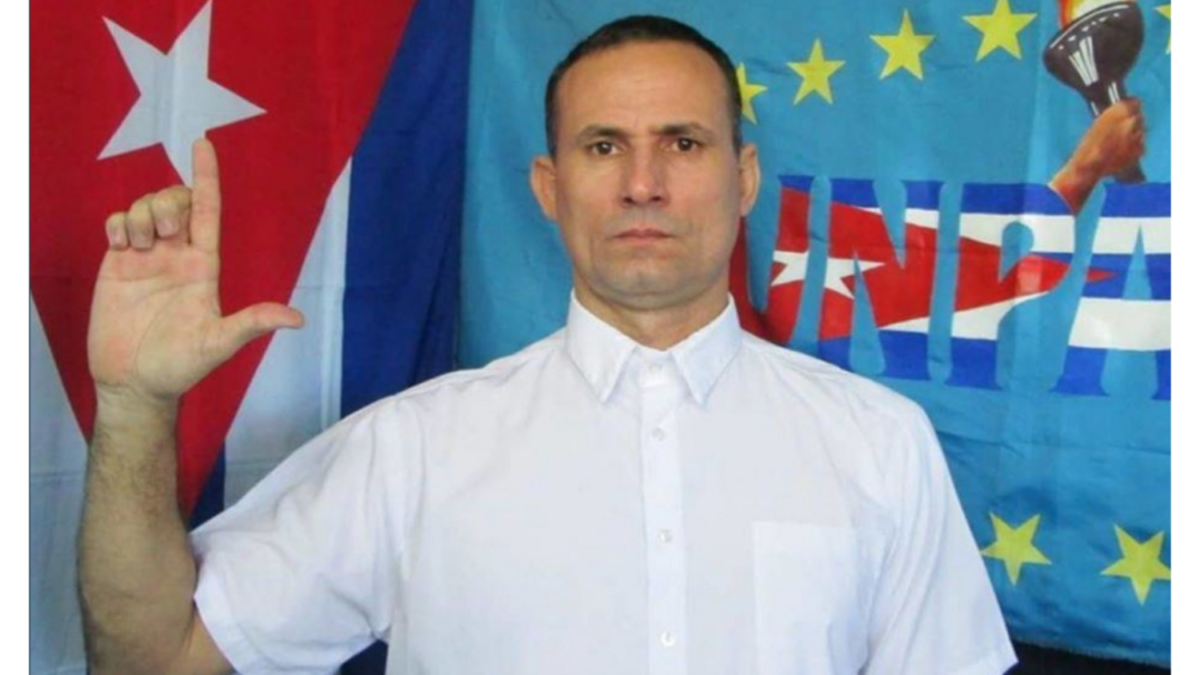IACHR begins formal process to determine the State of Cuba’s responsibility for human rights violations against activists
Washington, D.C. – April 8, 2021.- The Inter-American Commission on Human Rights (IACHR) has agreed to process a petition presented by the International Institute on Race, Equality and Human Rights […]

Washington, D.C. – April 8, 2021.- The Inter-American Commission on Human Rights (IACHR) has agreed to process a petition presented by the International Institute on Race, Equality and Human Rights (Race and Equality). In the petition, Race and Equality requested that the Commission find the State of Cuba responsible for human rights violations including arbitrary detention, unjust imprisonment, and torture against members of the Patriotic Union of Cuba (UNPACU) between October 2019 and April 2020.
The petition lists José Daniel Ferrer García (UNPACU’s founder and leader), Fernando González Vaillant, Roilan Zarraga Ferrer, and José Pupo Chaveco as victims, documenting that the four men were detained without an arrest warrant on October 1st, 2019, in violation of both Cuban law and Cuba’s international human rights commitments.[1]
Race and Equality has requested that the IACHR declare the State of Cuba responsible for violations of the men’s rights to freedom, security, personal integrity, freedom of expression, protection of personal reputation and honor, familial protection, health, protection from arbitrary detention, and due process, all of which are guaranteed in the American Declaration on the Rights and Duties of Man. Race and Equality also requested that the IACHR officially establish a legal category of “political prisoner” to characterize the four victim’s situations. The Commission transmitted the petition to the State of Cuba, requesting the State’s observations and response within a period of three months (beginning March 15th of this year).
With the petition now in processing, the Commission will receive arguments from both Race and Equality and the State regarding the admissibility of the case under the Commission’s rules of procedure. Should the case be found admissible, the Commission will investigate the facts of the case to determine whether the State is responsible for human rights violations and, if so, what recommendations will be given to the State to ensure justice.
Continuous violence against UNPACU
After being detained on October 1st, 2019, the four UNPACU members were placed in pre-trial detention, where they suffered inhumane prison conditions for six months and two days before being released to parole or house arrest on April 3rd, 2020. During their time in prison, they experienced cruel treatment, were often prevented from communicating with the outside world, and suffered violations of their personal integrity.
These violations are only some examples of the constant repression that UNPACU suffers at the hands of the Cuban government, which works ceaselessly to prevent the organization from carrying out its mission of defending human rights and promoting democracy.
Led by José Daniel Ferrer, dozens of UNPACU members have been on hunger strike since March 20th to protest a police cordon that has surrounded UNPACU’s offices for over three weeks. During this standoff, police have arbitrarily arrested several UNPACU members and members of Ferrer’s family.
On April 7th, the Secretariat of the Organization of American States (OAS) announced that the organization is on “high alert” regarding the health and well-being of the hunger strikers. The OAS also condemned the Cuban government for carrying its repression of UNPACU to such extremes. IACHR Commissioner Stuardo Ralón, the Commission’s Rapporteur on Cuba, also expressed his solidarity with the strikers, calling on the State to comply with its human rights obligations and avoid “risking the life and integrity of the people, who are already suffering a visible physical deterioration.”
Race and Equality calls on the Cuban government to end its repression of UNPACU and its members and to heed the demands of independent civil society as it calls for democracy and respect for human rights in Cuba.
[1] Race and Equality included José Pupo Chaveco as one of the victims in the original petition submitted in 2020. Since then, Mr. Chaveco has left UNPACU and is no longer in communication with the organization or with Race and Equality. He is no longer represented by Race and Equality.

